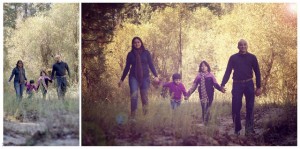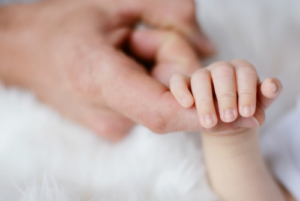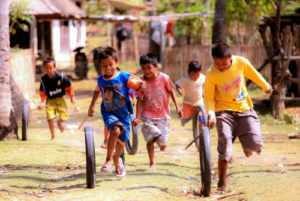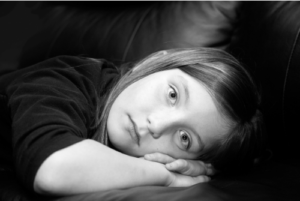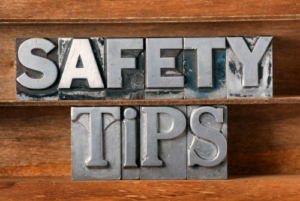
TO THAT WHICH IS BEAUTIFUL IN YOU
You are able to live with yourself because you know you are fundamentally good!
You know that all your inadequacies and the not so good qualities exist either because they are judged that way by people around you or because you picked them up somewhere on the way because of the difficulties that life sent your way.
You are correct! The deepest core of you, of all of us, every person is beautiful.


